Climate Policy Assessment for India
Synopsis
The Asia-Pacific Integrated Model (AIM) brings together models belonging to diverse disciplines for analyzing policies on climate change, pollution management and ecosystems preservation. The focus of AIM is on national and regional policy assessments in the Asia-Pacific region and their interface with global economic and environmental regimes. In this book, climate change policy assessment studies for India using top-down (macroeconomic) and bottom-up (techno-economic) models belonging to the AIM family are presented. Its distinguishing features are: soft integration of multi-disciplinary models to address diverse policy issues, common modeling framework for separate environmental domains like solid waste, water and air Pollution, spatial integration of policies from local to global, near-term policy prescriptions under long-term perspective, and integrated treatment of development and climate change. The model reveals trends of key indicators such as energy mix, emissions, technology profiles and investments obtained with different scenarios. Using the model interfaces, it is possible to obtain tables, charts and maps pertaining to aspects like aggregate energy, emissions intensities, and sector and location specific details, technology trends and technology supply curves for guiding policy decisions. The emissions mitigation supply curves are useful in studying the implications of emissions control policies on the economy (e.g., GDP loss), energy-mix, technology penetration and investments. Most importantly, however, the assessments provide an insight to key policy issues in optimum emissions limits, investments in innovations and environment industry, managing GHG and local emissions, and mitigation flexibilities across gases, technologies, sectors, regions and time. The book demonstrates advantages of model-based assessments in terms of quantification, ability for comparative analysis across scenarios and policy regimes, and compatibility with similar assessments elsewhere. The book is a product of international cooperation in modeling, data sharing and networking and provides insights into the architecture of cooperative modeling project. The book will be of particular interest to policymakers, modelers, researchers and research networks interested in the areas of development, energy, environment and climate change.
Read more
19.80
17.82
$
22.00 $
Free delivery Wolrdwidе in 10-18 days
Ships in 1-2 days from New Delhi
Membership for 1 Year $35.00
Get it now and save 10%
Get it now and save 10%
BECOME A MEMBER

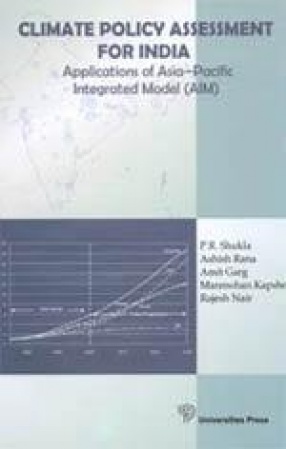
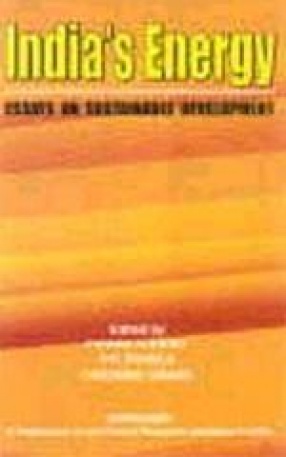
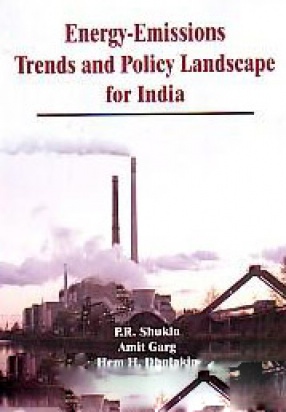
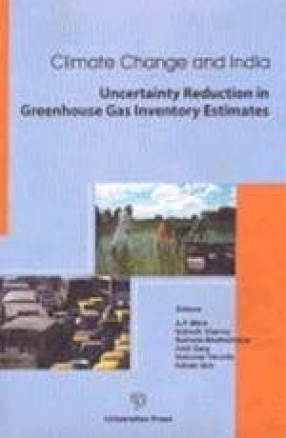

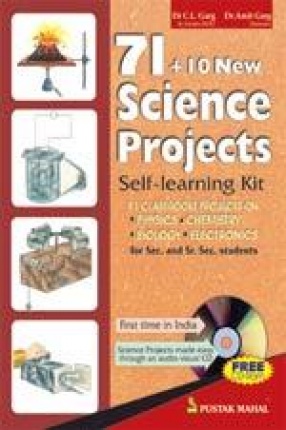
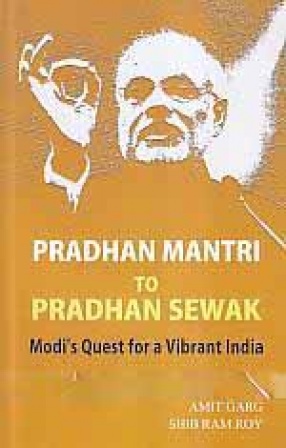

Bibliographic information
Ashish Rana
Amit Garg
Manmohan Kapshe
Rajesh Nair